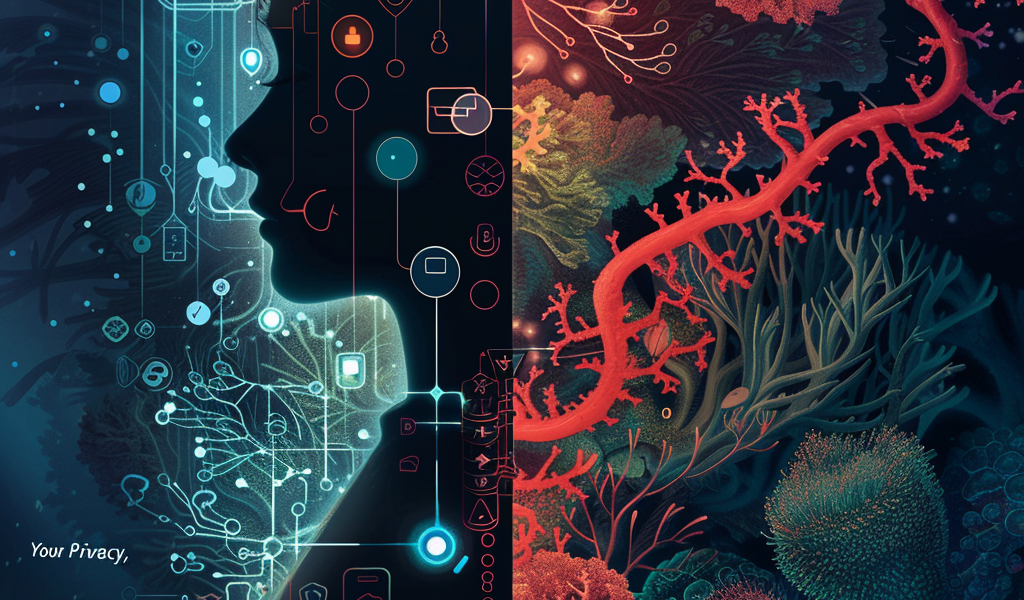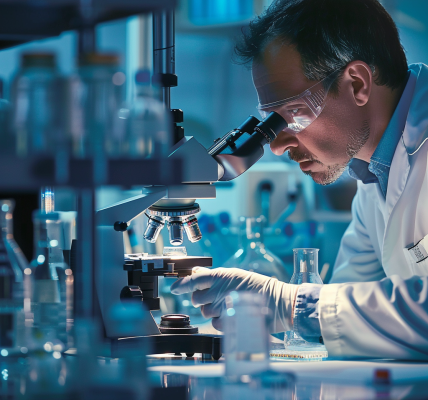Your Privacy, Your Choice
In an increasingly digital world, the importance of privacy has never been more pronounced. Users are often faced with the decision of how much personal data they are willing to share while engaging with various online platforms. Essential cookies are utilized to ensure that websites function properly, but optional cookies can also be employed for a range of additional purposes.
These optional cookies can enhance user experience through advertising, content personalization, usage analysis, and social media integration. By accepting these cookies, users consent to the processing of their personal data, which may include sharing information with third parties. It’s important to note that some of these third parties may operate outside of the European Economic Area, leading to varying standards of data protection.
Users are encouraged to review the privacy policies of the websites they engage with to understand how their data will be used. For those who wish to have more control over their data, options are available to manage preferences and alter choices regarding cookie usage. Users can choose to accept all cookies, reject optional cookies, or navigate directly to the main content of the website.
Discoveries in Marine Microbiology
Recent research has made significant strides in understanding the relationship between deep-sea corals and their microbial symbionts. A groundbreaking study published in Nature Communications has identified a novel clade of marine bacteria that play a crucial role in the health of deep-sea octocorals, specifically Callogorgia delta.
This study reveals that two specific mollicutes dominate the microbiome of Callogorgia delta, residing likely within the mesoglea of the coral. These symbiotic bacteria are found to be abundant across the coral’s habitat, yet they are absent in the surrounding water and appear to be rare in sediment samples.
Interestingly, these newly discovered mollicutes differ significantly from their counterparts found in shallower waters. They lack all known fermentative capabilities, including the process of glycolysis, which is typically used to generate energy. Instead, they rely exclusively on arginine provided by the coral host for energy production.
The genomes of these symbionts exhibit several unique features that facilitate interaction with foreign DNA, including extensive CRISPR arrays and restriction-modification systems. These genetic traits may play a vital role in the symbiotic relationship between the coral and its microbial inhabitants.
The researchers propose the establishment of a new family within the mollicutes, named Oceanoplasmataceae. This family encompasses these newly identified symbionts as well as others associated with various marine invertebrate phyla. The remarkably broad host range of the Oceanoplasmataceae suggests that the diversity within this enigmatic family is still largely unexplored.
Furthermore, the genomes of these mollicutes are noted for being highly reduced, providing valuable insights into their evolutionary adaptations and the functional roles they play as coral symbionts. This research not only enhances our understanding of coral microbiomes but also sheds light on the critical functions that microbes perform in marine ecosystems.
Implications for Coral Health and Resilience
The implications of these findings extend beyond mere academic interest; they have significant consequences for coral health and resilience in changing oceanic conditions. As foundational species, corals support a myriad of marine life, and their health is vital for the overall balance of marine ecosystems.
Understanding the microbiomes associated with corals can provide insights into how these organisms cope with stressors such as climate change, pollution, and other anthropogenic impacts. By exploring the complex relationships between corals and their microbial partners, scientists can develop strategies to enhance coral resilience and promote the sustainability of coral reefs.
As research continues to unveil the intricacies of coral-microbe interactions, it becomes increasingly clear that protecting these delicate ecosystems is essential for maintaining biodiversity and the health of our oceans. The discovery of new microbial symbionts like those in the Oceanoplasmataceae family underscores the importance of ongoing research in marine biology and ecology.
In summary, the exploration of deep-sea coral microbiomes has opened new avenues for understanding the vital roles that microbes play in marine ecosystems. With ongoing research efforts, the mysteries of coral symbiosis will continue to unfold, revealing the intricate connections that sustain life beneath the waves.





